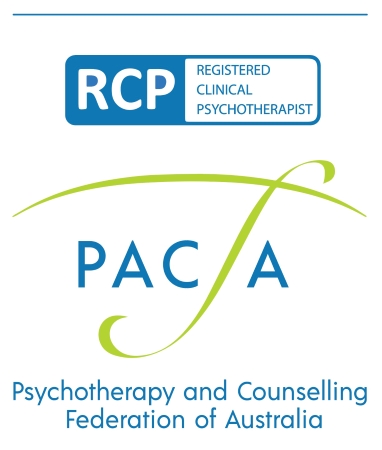Mindfulness Based Stress Reduction (MBSR)
Mindfulness-based stress reduction (MBSR) is an eight-week evidence-based program that offers secular, intensive mindfulness training to assist people with:
significant reductions in psychological stress and appears to prevent the associated physiological changes and biological clinical manifestations that happen as a result of psychological stress.
Reduced anxiety,
Reduced depression
Reduced pain.
Reduced CPTSD and PTSD symptoms
Fibromyalgia and other chronic pain issues
Reduces or stabilises blood pressure.
Promotes better sleep.
Less reactivity
Emotional regulation is developed,
rumination and worry are significantly reduced.
Improvement in mental health
Improvement in physical health
improved interpersonal relationships.
potential benefits for cardiovascular health
Improvement in memory
improves focus, attention, and ability to work under stress.
Improvement in motivation
increase self-compassion.
increased self-control
Improved social interaction especially for people who are socially isolated.
Improved routine which is proven to be integral in mental and physical health recover and return to work programs such as Workcover.
enhancing self-management and coping
improve individuals’ physical and mental flexibility.
provides an outlet from ruminating on the past or worrying about the future, breaking the cycle of these maladaptive cognitive processes.
According to early neuroimaging studies, MBSR training has an influence on the areas of the brain responsible for attention, introspection, and emotional processing.
Mindfulness-based approaches have been found to be beneficial for healthy adults, for adolescents and children, healthcare professionals, as well as for different health-related outcomes including eating disorders, psychiatric conditions, pain management sleep disorders, cancer care, psychological distress, and for coping with health-related conditions.
As a major subject of increasing research interest, 52 papers were published in 2003, rising to 477 by 2012. Nearly 100 randomized controlled trials had been published by early 2014.
It was Developed at the University of Massachusetts Medical Centre in the 1970s by Professor Jon Kabat-Zinn, MBSR uses a combination of
mindfulness
meditation
body awareness,
Gentle mindful movement based on Hatha yoga
exploration of patterns of behaviour, thinking, feeling and action.
Mindfulness can be understood as the non-judgmental acceptance and investigation of present experience, including body sensations, internal mental states, thoughts, emotions, impulses, and memories, in order to reduce suffering or distress and to increase well-being.
Mindfulness meditation has been the subject of more controlled clinical research, which suggests its potential beneficial effects for mental health, as well as physical health.
The MBSR program is an eight-week workshop taught by certified trainers. I am a certified Level one MBSR teacher/trainer.
The MBSR programs entails.
weekly group meetings (2.5-hour classes) for 8 weeks
an individual phone interview with your teacher
a one-day retreat (seven-hour mindfulness practice) between sessions six and seven,
homework each week (45 minutes daily),
instruction in three formal techniques: mindfulness meditation, body scanning and simple yoga postures
Group discussions and exploration – of experience of the meditation practice and its application to life – is a central part of the program.
Participants receive a 128-page workbook (worth $30)
Participants receive access to a mindfulness app ( worth $11)
Social interaction with other participants
an exploration of your own patterns of thinking, feeling and action, and how to transform them.
brief lectures and discussions
individual feedback and support
scientific rationale
Five pillars of MBSR are :
mindfulness,
compassion,
psychological well-being,
psychological distress,
emotional-cognitive control
MBSR is an authentic, evidence-based program of mindfulness training, grounded in 39 years of research. Unlike many shorter mindfulness courses, which have no evidence of benefit, MBSR is globally recognised as the gold standard for mental and physical health in the field.
I am recommending this for you and to help Mental health and PTSD symptoms such as flash, backs, insomnia and bad dreams, anxiety and stress . It would help with loss of mental focus and loss of motivation and to deal with all types of stress.
This course with give you social interaction and a purpose. It gives you a routine and purpose once a week to get up and get out into the world. This will help her with the mental as well as social and physical parts of your life and may areas of life that may cause you stress and discontent.
Course fees – Your investment in yourself
The fee of the course is $600 ($23 per hour) plus GST.( for NDIS and Workcover clients due to report writing and liaison with case managers.)
The course fee is $500( $18 per hour) plus GST for the 8 weeks for privately paying clients
Supported rate is $350 ($13.50 an hour) plus GST (negotiable) for those who are financially struggling, not working, and would like to come to the course.
Venue: CWA hall Woy Woy
Time: Fridays 10-1230pm commencing 2/2/24 plus a one day retreat between week six and seven.
Book here:
https://www.trybooking.com/CNPTT or request an invoice with my bank details or email me for more details on kbooth63@iinet.net.au


